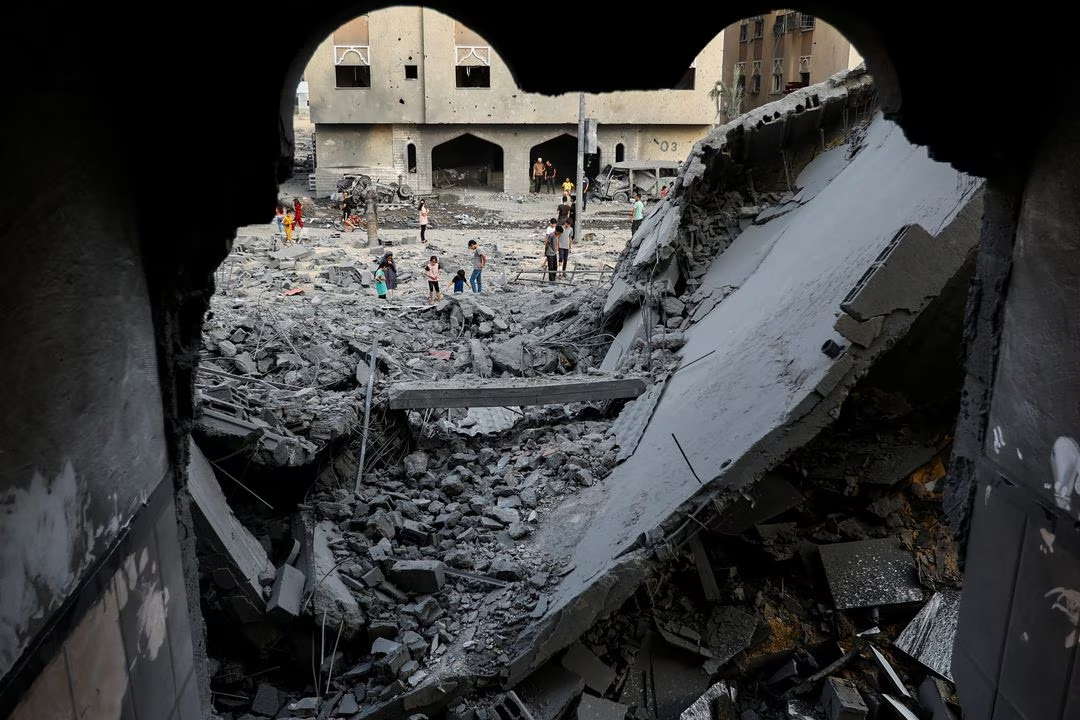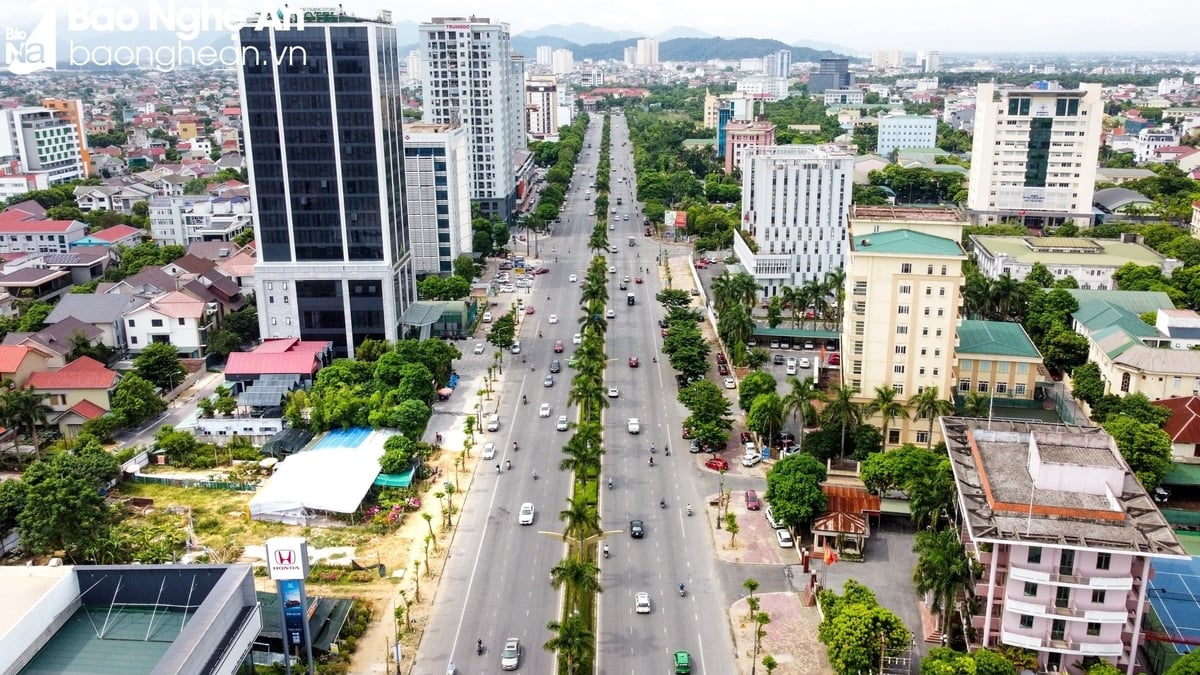There are signs that the conflict is spreading, including Israeli aircraft attacking southern Lebanon overnight and Israeli troops confronting Palestinians in the West Bank.
The UN says people are running out of food, water and shelter from relentless Israeli air strikes.
A small trickle of aid is being brought through a crossing into Gaza, but it is only a fraction of the amount needed.
Gaza authorities say at least 4,600 people have been killed in Israeli air strikes in the past two weeks, sparked by a Hamas attack on Israeli communities on October 7 that left 1,400 dead and 200 hostage.
Israel and Hamas both reported overnight clashes in Gaza.
Israel said ground forces had carried out several raids against Palestinian militants, and air strikes were continuing against sites where Hamas was gathering in preparation for a possible Israeli invasion of Gaza.
“A number of tanks and infantry groups carried out raids overnight. These were organized raids aimed at eliminating terrorist groups that were preparing for the next stage of the war. These raids were carried out in depth,” said Rear Admiral Daniel Hagari, the main spokesman.
He also said the raids were carried out to gather information about 222 hostages being held by Hamas.
Hamas' armed wing, the Izz el-Deen al-Qassam Brigades, said its soldiers had encountered an Israeli force that had infiltrated Gaza and destroyed some Israeli equipment.
The group said the armored infiltration took place east of Khan Younis in southern Gaza. “The soldiers attacked the intruders, destroying two bulldozers and a tank, and forced them to retreat, before returning safely to their base.”
Israel has not commented on the destruction of the equipment.
On Monday, the Al-Qassam Brigades also said it had fired rockets at the southern Israeli towns of Ashkelon and Mavki'im.
Close Ground Attack
Early Monday, the Israeli military said it had struck more than 320 targets in Gaza in the previous 24 hours, including a Hamas tunnel, dozens of outposts and command posts, and anti-tank missile and mortar positions.

Photo: REUTERS/Ibraheem Abu Mustafa.
Israeli troops and tanks are massing at the Israel-Gaza border, but it is unclear when they will launch an offensive into Gaza aimed at destroying Hamas.
Asked by Israel's Army Radio about Washington's pressure on Israel to halt, Israel's deputy ambassador to the United States Eliav Benjamin said: "They understand that we are waging war in the national interest. Generally, we will do what we need to do when we need to do it."
The UN humanitarian office (OCHA) says about 1.4 million of Gaza's 2.3 million people are internally displaced, and many are seeking refuge in UN emergency shelters.
Israel has ordered Gazans to evacuate the north. But OCHA says hundreds and even thousands of those who have already fled are now returning to the north because of air strikes and a lack of shelter in the south.
Fears that the Hamas-Israel war could explode into a wider conflict in the Middle East were raised over the weekend after Washington warned of major risks to US interests in the region and announced the deployment of new advanced air defenses.
On Israel's northern border with Lebanon, the Iran-backed Hezbollah group clashed with Israeli forces in support of Hamas, the biggest escalation of border violence there since the 2016 Israel-Hezbollah war.
Violence spreads
On Monday, the Israeli military said Israeli aircraft struck several Hezbollah elements preparing to launch anti-tank missiles and other rockets into Israel. Israel also struck several other Hezbollah targets, including a base and an observation post.
Hezbollah said on Monday that one of its soldiers had been killed and gave no other details. The Israeli military said seven soldiers had been killed on the border with Lebanon since the conflict began.
In the West Bank, two Palestinians were killed at the Jalazone refugee camp near Ramallah.
Residents said Israeli forces raided the camp and arrested several people after clashes with gunmen and rock-throwing youths. The Israeli military has not made a statement about the incident.
Iran's strategy is to mobilize Middle Eastern proxies such as Hezbollah to attack Israeli and US targets but avoid escalating the conflict and forcing Tehran to intervene, Iranian security officials say.
Palestinian Prime Minister Mohammad Shtayyeh has called for international unity to stop Israel's offensive on Gaza and allow humanitarian aid to be delivered. A second convoy of 14 trucks carrying aid crossed the Rafah crossing from Egypt into Gaza on Sunday evening.
The UN humanitarian office has said aid deliveries have so far reached just 4% of the daily average before the conflict broke out, a fraction of what is needed.
The relief packages do not include fuel.
Nguyen Quang Minh (according to Reuters)
Source



































































































Comment (0)